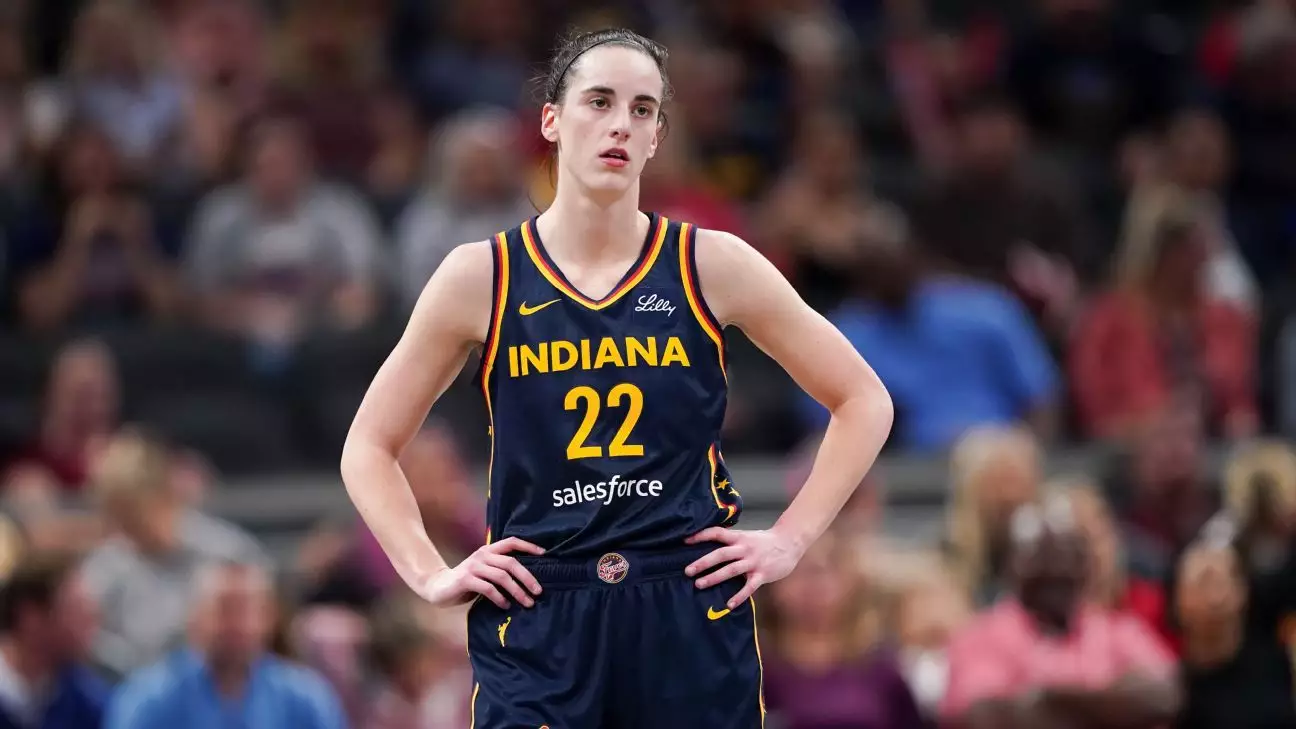UConn women’s basketball coach Geno Auriemma recently expressed his concerns about the treatment of WNBA rookie Caitlin Clark, stating that she has been “targeted” with physical play. Auriemma emphasized that while all rookies face challenges adjusting to the professional league, Clark’s experience has been particularly extreme. He referenced an incident during a game where Clark was aggressively shoulder-checked from behind, leading to a flagrant foul being called upon review.
Auriemma highlighted the fact that high-profile players entering a professional sports league often attract extra attention from opposing teams. However, he believes that Clark, as the No. 1 pick in the draft this year, is facing an unprecedented level of targeting that goes beyond the norm. Auriemma drew comparisons to past NBA legends like Michael Jordan, Larry Bird, and Magic Johnson, noting that they did not face similar levels of aggression early in their careers.
In contrast to Auriemma’s views, some of his former players, such as Rebecca Lobo and Breanna Stewart, have offered differing perspectives on the situation. Lobo, a former UConn and WNBA player turned ESPN analyst, acknowledged the unusual amount of defensive attention Clark is receiving as a rookie. She described the level of physical play as higher than usual but stopped short of labeling it as dirty or fueled by jealousy.
Stewart, another former UConn player and current WNBA star, echoed Lobo’s sentiment that physical play is a normal part of the league. She emphasized the competitive nature of the WNBA, where players must adapt to the speed and intensity of the game. Stewart emphasized the importance of learning to navigate through the challenges presented by opponents who are determined to win.
The conflicting perspectives presented by Auriemma, Lobo, and Stewart raise important questions about the treatment of WNBA rookies and the expectations placed upon them. While Auriemma believes that Clark is being unfairly targeted, his former players offer a more nuanced view that acknowledges the competitive nature of the league.
It is essential to consider the impact of heightened scrutiny on rookie players and how it may affect their transition to the professional level. While physical play is a common aspect of basketball, there is a fine line between competitive intensity and excessive aggression. As the WNBA continues to evolve and grow in popularity, discussions surrounding player safety and fair competition become increasingly vital.
The targeting of WNBA rookies, as exemplified by Caitlin Clark’s experience, is a complex issue that warrants careful examination. Coaches, players, and fans must engage in thoughtful discussions about the expectations placed on newcomers to the league and the boundaries of competitive play. By fostering a culture of respect and sportsmanship, the WNBA can continue to thrive as a premier basketball destination for athletes around the world.



Leave a Reply